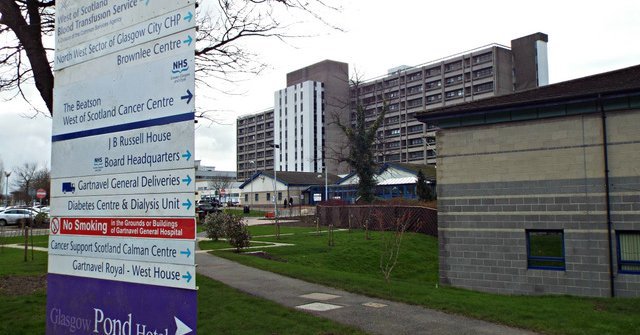Global health inequalities, a comparison
The WHO’s report notes marked imbalances between countries in the Global North and Global South: focusing on the deadly incidence of illnesses such as malaria, diarrhoea and pneumonia on children under 5 years is widespread in Sub-Saharan Africa - the same fatal diseases are (almost) entirely eradicated in Western countries. On average, 16,000 children die each year, with a 20% gap between urban and rural areas.
Sweden and Chad are about 5,000 kilometres apart. But as for the risk of maternal mortality, the figure is 1/10,000 in Stockholm and 1/16 in N’Djamena. As drastic is the gap in life expectancy between Sierra Leone (around 50 years) and Japan (around 84). The latter, in particular, is affected by a remarkable divide between urban cores and peripheries, a trend not absent from the most high-income countries. In the Scottish city of Glasgow, the range of male life expectancy is 15.5 years, between the Ruchill and Possilpark districts (66.2), and Cathcart and Simshill (81.7). In London, according to the studies conducted by the London Health Observatory, for each metro stop going eastbound from Westminster, the life expectancy is reduced by one year.
EU healthcare systems: weak, old continent
According to the European Parliament, the absence or ineffectiveness of policies bridging health gaps is estimated at a cost of 1.4% of the EU’s GDP, with significant consequences for the loss of productivity and higher costs to support the welfare system. In 2017, the cost of healthcare is equal to 9.9% of GDP per member state, second only to pensions. In the European Commission’s latest State of Health report, some key points for health policies in the ‘Old Continent’ are identified. Comparing official EU reporting with other research reports, it is possible to distinguish some recurring points to analyse the link between inequalities and health:
- Prevention: in line with the 2030 UN Agenda, a proactive approach requires a 1/3 reduction in non-communicable diseases to cope with a high number of deaths (3.4 million people) and the potential economic loss (115 billion euros), registered last year in EU countries;
- Services: an OECD report from 2017 considers it essential to fight waste in national healthcare systems, above all improving information and management structures, thus improving public perceptions of efficiency. In fact, about a third of citizens residing in OECD countries distrust the healthcare sector, considering it affected by corruption. Initiatives such as Choosing Wisely promoted by the ABIM Foundation, aim to advance a national dialogue between healthcare providers and patients to avoid unnecessary care;
- Planning: youth policies on health and prevention, in addition to training professional skills in the management of personal health data, can improve the resilience of the ’European system’: chronic diseases related to obesity or alcohol and drug abuse have a wide impact on the labour market (according to a study conducted by the OECD in 2015). While the incidence of cancer in 53 European countries averages 2.4% of the population (2.8% in the EU), it has more than doubled since 2000, as underlined in the WHO’s “Health in Europe” report from 2014.
The contraction of resources dedicated to welfare, following the financial crisis, has widened the health inequalities in the European Union. In 2008, the implementation of austerity policies in EU countries has reduced access to treatment and for example increased the mortality rate linked to cancer and cardiovascular diseases (peak reached in 2010).
It is necessary to reverse the trend. As Health Commissioner Vytenis Andriukaitis wrote in presenting the latest State of Health report, “We need to ensure efficiency, accessibility and resilience to all EU healthcare systems - [...] to ensure to EU citizens highly innovative, safe and effective access to health”. The ‘health issue’ requires a transnational approach in order to create capillary and more efficient service networks – in other words, to face a fundamental challenge to face social and economic inequalities in Europe.


Follow the comments: |
|
